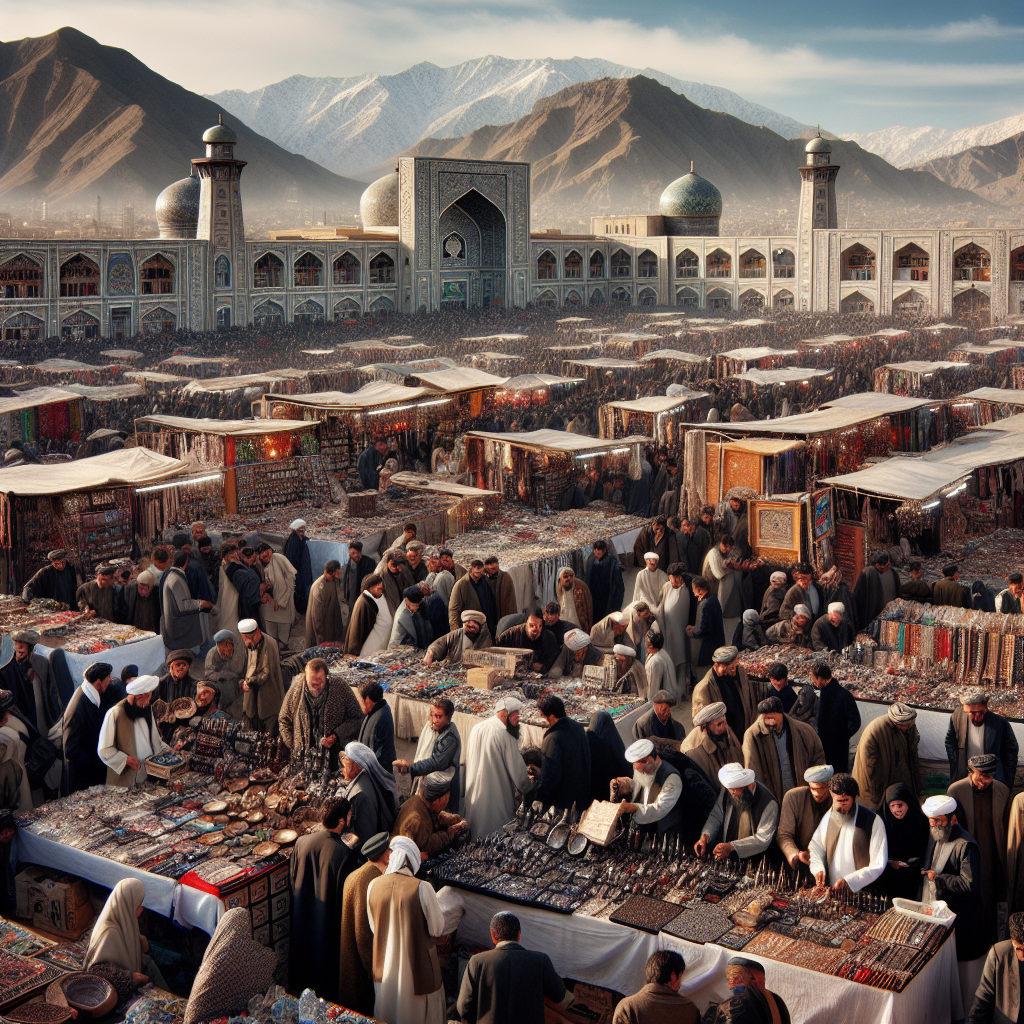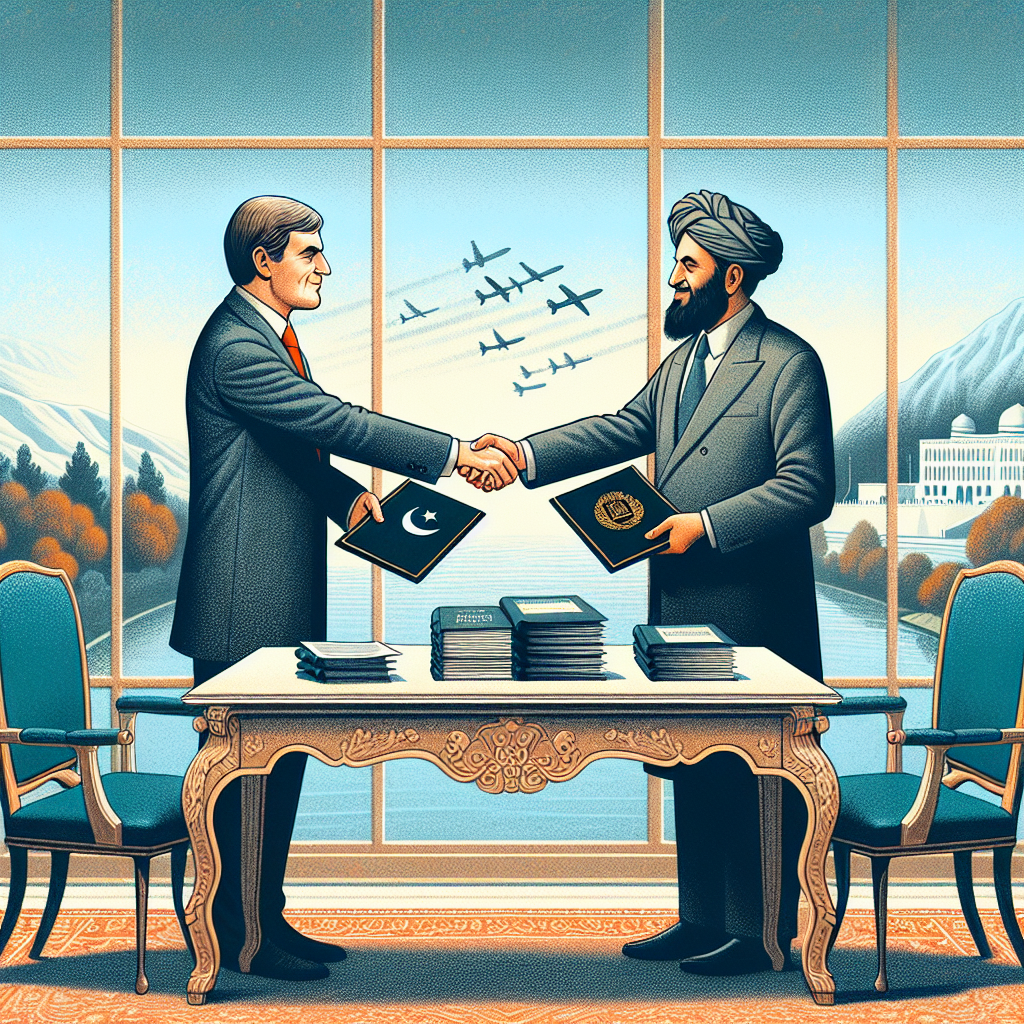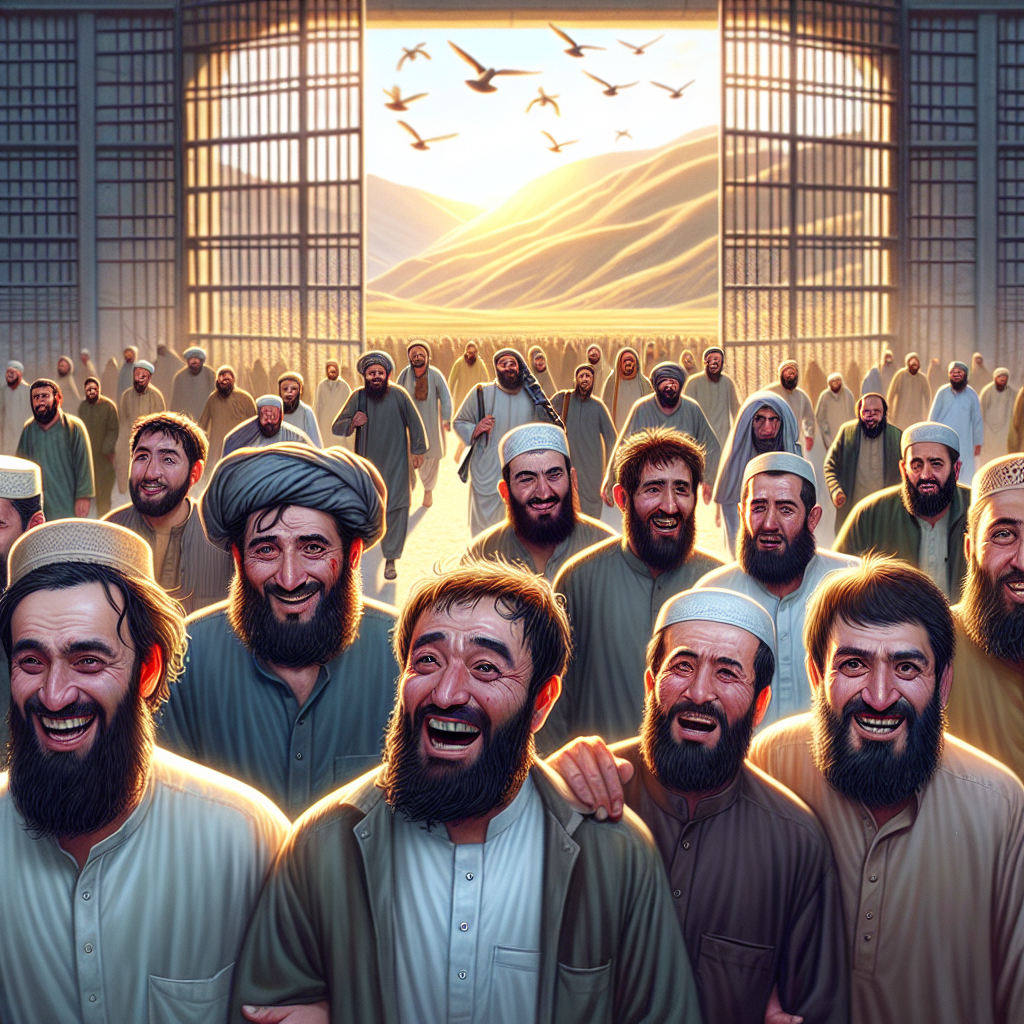Taliban’s Gender Bias: The Cost of Banning Women’s Education
Introduction: Taliban’s Gender Bias and Women’s Education
The Taliban, an extremist group that emerged in Afghanistan in the 1990s, has long been known for its oppressive treatment of women. One of the most glaring examples of this gender bias is their ban on women’s education. Under Taliban rule, women and girls were denied access to education, effectively stifling their intellectual growth and perpetuating a cycle of inequality. This article will explore the impact of banning women’s education on society, the economic consequences of restricting women’s education, and the importance of empowering women through education to overcome the Taliban’s gender bias.
The Impact of Banning Women’s Education on Society
The ban on women’s education imposed by the Taliban has had far-reaching consequences on Afghan society. By denying women and girls the opportunity to receive an education, the Taliban has effectively silenced their voices and limited their potential. Education is not only a fundamental human right but also a catalyst for social progress. When women are educated, they become active participants in their communities, contributing to the development and well-being of society as a whole.
Furthermore, the lack of education for women perpetuates harmful gender norms and reinforces patriarchal structures. Without access to education, women are more likely to be confined to traditional gender roles, limiting their opportunities for personal and professional growth. This perpetuates a cycle of inequality and hinders the overall progress of society.
Economic Consequences of Restricting Women’s Education
The economic consequences of restricting women’s education are significant. Numerous studies have shown that investing in women’s education leads to economic growth and poverty reduction. When women are educated, they are more likely to enter the workforce, earn higher wages, and contribute to the overall productivity of a nation.
Conversely, when women are denied education, it hampers economic development. According to the World Bank, countries that fail to educate girls and women lose out on potential economic growth. In Afghanistan, where the Taliban’s ban on women’s education has been particularly severe, the economic consequences are evident. The country has one of the lowest female literacy rates in the world, hindering its ability to compete in the global economy and perpetuating a cycle of poverty.
Overcoming Taliban’s Gender Bias: Empowering Women through Education
To overcome the Taliban’s gender bias and promote gender equality, empowering women through education is crucial. Education provides women with the knowledge and skills necessary to challenge societal norms, advocate for their rights, and participate fully in all aspects of life.
Organizations such as the Malala Fund have been working tirelessly to ensure that girls in Afghanistan and other countries affected by the Taliban have access to education. Malala Yousafzai, a Nobel laureate and education activist, has been a vocal advocate for girls’ education, even in the face of Taliban threats. Her courage and determination serve as an inspiration to girls around the world, reminding them of the transformative power of education.
In addition to external efforts, it is essential for the Afghan government to prioritize women’s education and enact policies that promote gender equality. This includes investing in infrastructure, providing scholarships and financial support for girls, and implementing measures to ensure the safety and security of female students and teachers.
In conclusion, the Taliban’s gender bias and ban on women’s education have had severe consequences for Afghan society. By denying women and girls access to education, the Taliban perpetuates inequality, hampers economic development, and stifles the potential of half the population. However, through empowering women through education and advocating for their rights, it is possible to overcome the Taliban’s gender bias and create a more inclusive and equitable society. As Malala Yousafzai once said, “One child, one teacher, one book, and one pen can change the world.” It is time to ensure that every girl has the opportunity to wield that pen and shape her own destiny.






